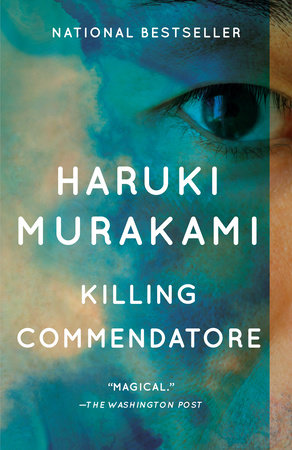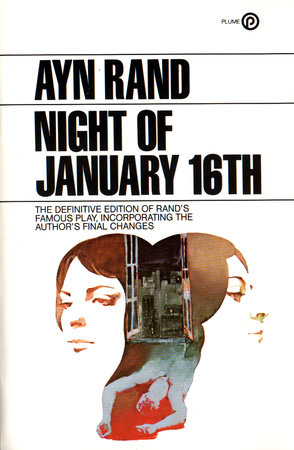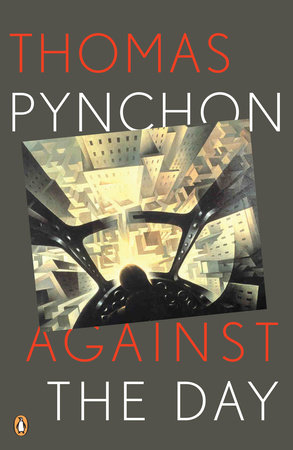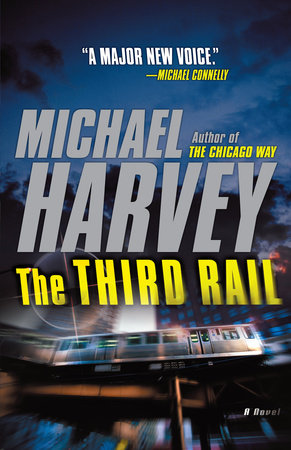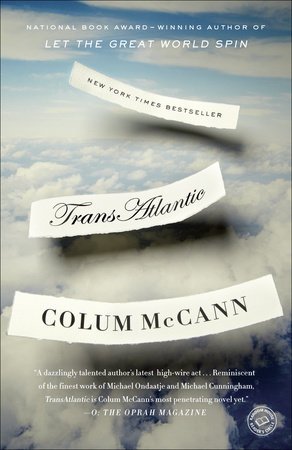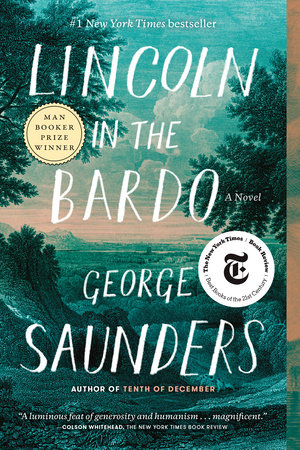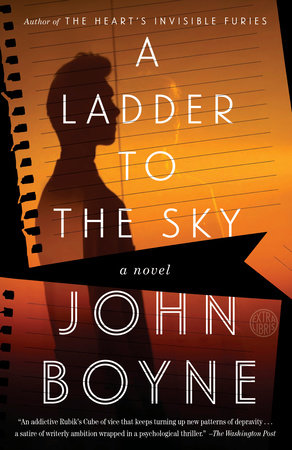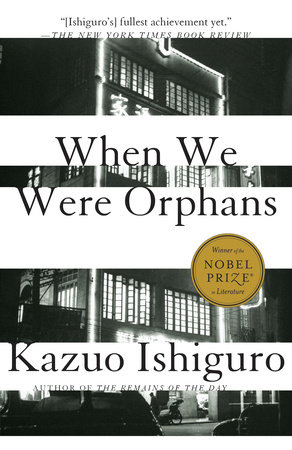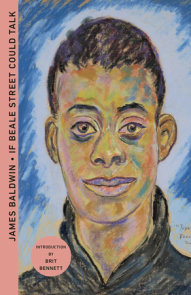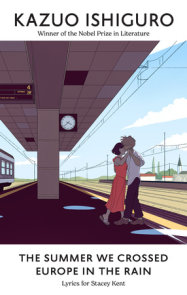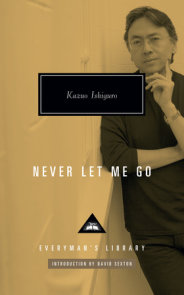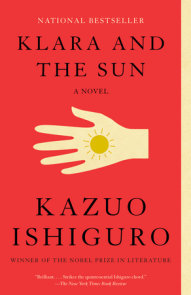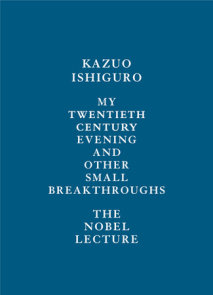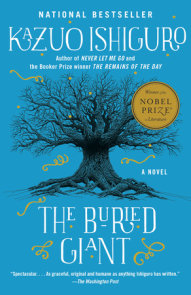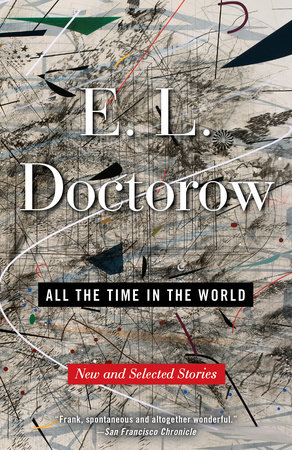Author Q&A
A Conversation with
Kazuo Ishiguro
about his new novel
When We Were Orphans
Q: Is it true to say that When We Were Orphans is, in part, an homage to the ‘Golden Age’ of English detective fiction that took place in the ’20s and ’30s– the work of writers like Agatha Christie and Dorothy L. Sayers?
A: Maybe that’s putting it too strongly, to call the novel an homage, because it’s not really a conventional detective story. But yes, there’s a relationship. These mystery authors–Christie, Sayers, a whole host of others–became enormously popular in England just after the Great War. Today, they’re still read and enjoyed, but their work is, by and large, derided as being two-dimensional, class-ridden, and most importantly–and in contrast to the American crime tradition–much too genteel. I’m sure you know the type of thing. The stories often take place in some idealized English village of the time, where everyone knows his or her place, and life would be idyllic but for one thing: there’s a murderer on the loose. So everything, just for the moment, has fallen into disarray. But the vision of evil isn’t very scary. The murders all take place in some crossword puzzle-like dimension. And all it takes is for one remarkable figure, the Great Detective, to arrive on the scene, go click, unmask the murderer, and the order and tranquility is restored. At the close of these books, there’s no sense of post-murder trauma, even when someone’s gone through four or five victims in a tiny country village. Once the killer’s unmasked, then everything in the garden’s rosy again. The Great Detective is thanked and goes on his way. Of course, looked at one way, this is escapism of the shoddiest kind.
Q: So what is it that fascinated you about this tradition?
A: Well, when you look at it in its proper historical context, you can see it’s a genre filled with poignant longings. Because what you have to remember is that this genre flourished right after the utter trauma of the Great War. Europe had just experienced modern warfare for the first time. A whole generation of young men had died in hitherto undreamed-of conditions, and social values had been turned upside down. The point is, those detective stories were devoured by a generation who know only too well the real nature of suffering and mayhem in the modern world. They knew full well that evil wasn’t about vicars poisoning widows for their inheritance. They’d seen the face of modern evil–rampant nationalisms, blood-lust, racism, dehumanized technological mass killing, chaos no-one could control. The ‘Golden Age’ detective novels, if you look at them a certain way, are filled with a pining for a world of order and justice that people had once believed in, but which they now know full well is unattainable. There’s a forlorn wish that even now, all it needs is this superhuman figure, this detective, to come and put the world right again. It’s escapism, but escapism of a particularly poignant kind.
Q: Christopher Banks, your detective hero, has to some extent stepped out of this genre, but the world of When We Were Orphan is quite a long way from that of these genteel mysteries, isn’t it?
A: I hope so. What I began with was the notion of taking one of these Golden Age detectives and setting him down, completely out of his depth, in the turmoil of the twentieth century, as the world hurtles form one horror to the next. I had this rather comic idea of a detective going about high society London with his Sherlock Holmes magnifying glass, who by the end of the story is examining dismembered corpses in a war-zone, with the same magnifying glass, desperately wondering ‘who-dunnit.’
Q: The novel starts in high society London in the 30s, but a lot of it also takes place in China, in Shanghai during the first half of the twentieth century. What drew you to the place?
A: I’d had it in the back of my mind for some years to set a story in what’s referred to as ‘Old Shanghai.’ My father, who is Japanese, was born there in 1920, and lived there with his parents until the outbreak of W.W. II. His father–my grandfather–had been charged with setting up Toyota in China, and that’s why they were there. Toyota in those days wasn’t a car company, but a textiles firm. In our family albums, there are photos of the original Mr. Toyota visiting the house. Shanghai in those days was a glitzy, glamorous, wild place. Gambling, opium, luxuriously decadent night-clubs. The center of it, what was called the International Settlement, where my novel takes place, was where British, American, European and Japanese industrialists were vying for dominance as they built skyscrapers and made vast fortunes.
Meanwhile, the Chinese themselves were locked in a bitter underground war between the Nationalists and the Communists. There were also Russian aristocrats who’d fled the Revolution living in ghettos, and later, in the thirties, Jews escaping Europe settled there. It was pretty lawless, but the elite lived in some splendor, while others, including most of the native Chinese, live in awful poverty. You could say it was a kind of prototype for many modern cosmopolitan cities we have today. I used to look at these family albums, with photos of my grandfather in a white suit, in offices with ceiling fans, or posing in front of cars with big running boards, and it all looked to me like an old movie or something. And yet this was the same grandfather I lived with in quiet provincial Japan in my childhood. And it was odd to think that my father, who’s lived the last forty years in the leafy Home Counties of England, actually grew up there. I think I’d been wanting to set a novel in that Shanghai for some time. Of course, it all vanished with the war, and then the Communist Revolution.
Q: Christopher Banks sets out to solve the great mystery of his past: the event that shaped his childhood in Shanghai. Childhood and, more specifically, memory are crucial themes here. Are they important to you as a writer?
A: I’ve never written anything that didn’t, in some important way, concern childhood and memory. This book contains an extended section containing the narrator’s memories of an innocent, happy childhood in Shanghai before events suddenly took it all away from him. I’ve always been interested in memory, because it’s the filter through which we read our past. It’s always tinted–with self-deception, guilt, pride, nostalgia, whatever. I find memory endlessly fascinating, not so much from a neurological or philosophical viewpoint, but as this tool by which people tell themselves things about the lives they’ve led and about who they’ve become.
Nostalgia, incidentally, is an emotion I’m very interested in these days. This book’s a lot about nostalgia. I think nostalgia is a much-maligned emotion, and I’d like to speak up on its behalf. Of course, it can be a vehicle for a lot of shoddy, reactionary baggage. But in its purest forms, I think nostalgia is to the emotions what idealism is to the intellect. It’s a way we have of longing for a better world. We remember a time–often from our distant childhood–when we believed the world to be much kinder place than it proved to be when we grew up. I think nostalgia is a profound emotion that’s all too often dismissed unfairly.
Q: Like the butler, Stevens, in The Remains of the Day, Christopher Banks is a man unable to see the larger world picture in his pursuit of order in the rather insular universe he knows. Are you drawn to that part of us that’s somewhat deluded by our own unique experience?
A: Well, actually, I think most of us live in our small worlds. It’s natural. We do our jobs, we bring up our children, we try and get by the best we can. It’s very hard to get proper perspective in our lives. It’s very difficult to rise above the immediate urgencies that weigh each of us down and take a look at how things are up there, above the roof line. Yes, my characters are deluded, or they can’t see where their small world fits into the large world, but that’s because I feel that for most of us that’s our fate. The small world of our unique experience is where most of us live.
Q: Early in your adult life you were planning to be (and were) a singer-songwriter. Was the switch to writing an easy one for you and do you find the work at all similar?
A: As you say, from the age of sixteen and perhaps till as late as twenty-four, my ambition was to be a songwriter. It was the ’70s, so yes, the natural thing seemed to be a singer-songwriter. This was a drawback, since my singing is, well, let’s say it’s not a strong point! But I play guitar and piano, and I wrote over a hundred songs, made demo tapes and did the whole thing of going to see A&R men at the various recording companies. My heroes were people like Dylan, Leonard Cohen, Joni Mitchell, Kris Kristofferson. I also liked songwriters from an earlier era like Gershwin, Cole Porter, Carlos Jobim. I’ve always loved the early songs of Jimmy Webb. ‘By The Time I Get To Phoenix’ was a kind of ideal for me: economy of narrative, the bitter-sweet blend, the evocation of landscape, it’s all there. Anyway, I had a few years of unblemished failure in terms of getting a career going. But looking back, I did learn a lot from my songwriting, and when I started to write fiction, when I was twenty-four, I think I was able to start at a more advanced point than I would have otherwise. When I sometimes read the work of writing students, or writers who are just starting out, I often recognize things they’re going through in fiction that I went through in my music. For example, I think I got through my intense adolescent autobiographical phase in my songwriting. (You wouldn’t want to hear those songs.) Similarly, that phase writers often go through, a kind of purple prose phase, when you’re exhilarated at gaining for the first time anything like technical prowess: I went through that in my songs too. I had a lot of songs with strange stream-of-consciousness lyrics going over augmented and diminished chords thrashing around to some Latin beat. By the time I came to write short stories, I’d managed to pare things right down. I’d begun to distinguish between what was showing off and what was authentic artistic expression. Though mind you, that’s still a distinction I find hard to draw.
Q: What are you working on now?
A: As it happens, I’m thinking about a novel about a writer of American popular songs, between the end of W.W. II and the start of rock-and-roll. Someone of European ancestry, trained in classical European music in his childhood in Vienna or Strasbourg or someplace like that, who comes to America as a penniless refugee, learns this jazz and show music, becomes American. But I’ve got two other possible novels, and I haven’t decided which to get to work on next. After the turn of the year, I’m going to stop traveling and promoting my last book and really get down to working on my next one.



